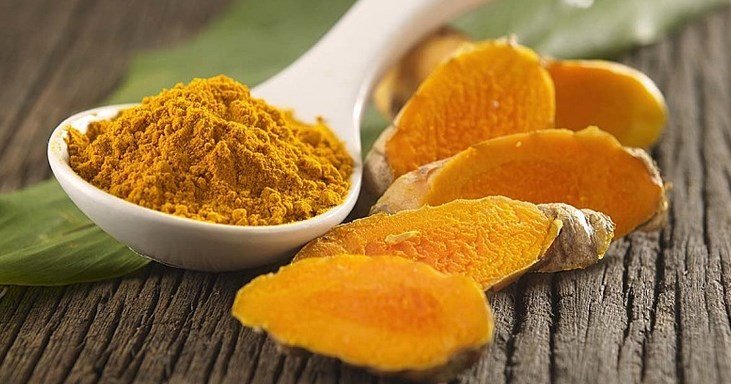
The latest research, this natural yellow dye material can improve memory and also the human mood.
The content of curcumin in turmeric turned out to function as anti-inflammatory and antioxidants.
Turmeric has long been a staple food for elderly citizens in India.
Perhaps because of that habit, India is a country with a low level of Alzheimer's disease, and its citizens have better cognitive performance.
Alzheimer's is a condition of abnormalities that are maintained with decreased memory, decreased ability to think and speak, and behavioral changes due to interference in the brain.
This disorder is progressive or slow.
Research conducted by the University of California, Los Angeles, is done with a review of people suffering from senility.
Research published in the American Journal of Geriatric Psychiatry uses 40 people who experience dementia in the age range of 50-90 years as research subjects.
Half of them were given 90 milligrams of curcumin twice daily for 18 months, while the rest were given a placebo aka "fake drugs" without any merit.
After monitoring the level of curcumin in the blood, and undergoing cognitive assessment and positron emission tomography (PET) scans to observe the body's metabolic processes, the researchers reached their conclusions.
It was found that those taking curcumin saw a significant increase in both memory and mood.
In memory tests, people who consumed curcumin experienced a 28 percent improvement in memory for 18 months, and also showed mild improvement in their overall emotions.
Turmeric is also useful in infections such as pharyngitis, laryngitis and flu.